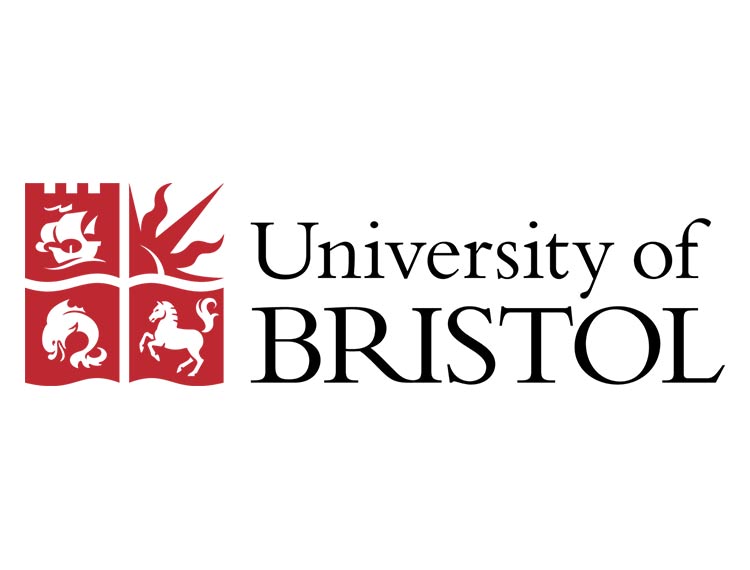Using AI and data science to crack the productivity puzzle at work

New technologies relevant to law firms include using machine learning (AI) to predict case outcomes, smart contracts that run using code and blockchain to provide secure authentication and payment by cryptocurrencies.
Burges Salmon and the University will share both academic and professional insights to specifically look at how technology can augment and support the traditional roles of the lawyer and other professionals, and how firms can successfully adapt to meet the changing needs of clients.
Roger Bull, Managing Partner at Burges Salmon, said: “Putting advanced technologies at the heart of service delivery is a key part of our business strategy. We are keen to take an informed, research-based approach to how we successfully adopt these new technologies.
“The University of Bristol is one of the most successful universities in the UK and internationally recognised for excellence in research. So this collaboration is about us being at the forefront of new thinking in professional services and actually delivering visible benefits to our clients.”
Collaborating with the Faculties of Engineering and Social Sciences and Law, those engaging within the partnership will work to better understand the professional and societal challenges, plus the opportunities that digital technologies can offer.
Professor Jonathan Beaverstock, Head of the School of Management, said: “It is essential that academia and organisations work together to crack the productivity puzzle.
“The School of Management relishes the opportunity to draw on its world leading research and scholarship in the fields of professional services, the future of work and ‘big data’ to establish meaningful connections with Burges Salmon. There is huge potential for social sciences research to bring innovation to companies and thus to contribute to economic growth.”
Rachel Roberts leads Burges Salmon’s multi-disciplinary Business Solutions team, which includes technologists and innovation and change specialists that work closely with lawyers.
She said: “We have seen an influx of new technologies in the legal sector over the past couple of years and it could be tempting simply to buy the latest thing. However, we have developed a far more comprehensive strategy that includes building strategic relationships, like this one with the University of Bristol.”
Roberts explains that a long-term strategy which invests in thought-leadership, client and employee engagement and building new skills and capabilities is required for professional service firms to realise the benefits for their people and clients that the newer technologies offer.
She added: “We are addressing questions around how technology can augment and support the traditional roles of the lawyer and other professionals and how we can best meet the changing needs of clients. Our collaboration with the University of Bristol will be invaluable as a contribution to this.”
Professor Nishan Canagarajah, Pro Vice-Chancellor for Research and Enterprise at the University of Bristol, added: “We are delighted to develop this exciting and multi-disciplinary relationship with Burges Salmon.
“This relationship will span different disciplines, research and teaching, and will provide valuable opportunities to address and tackle some of the major issues that we see arising in many workplaces as the promise of ‘digital’ becomes a global reality. This partnership will contribute towards fulfilling our vision as we develop a world class centre for research, enterprise and innovation at our new Temple Quarter Enterprise Campus.”












Responses